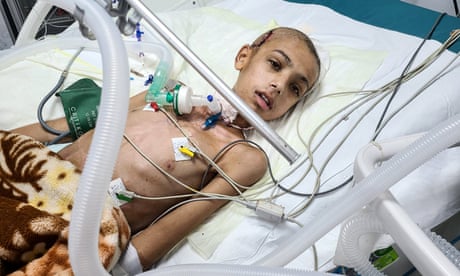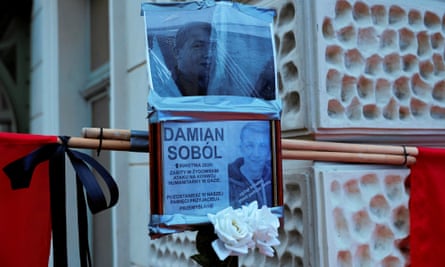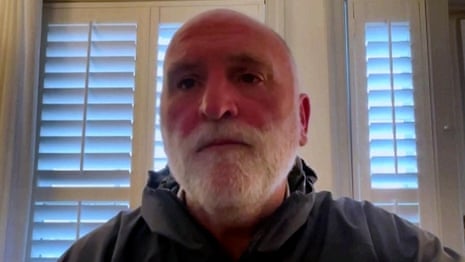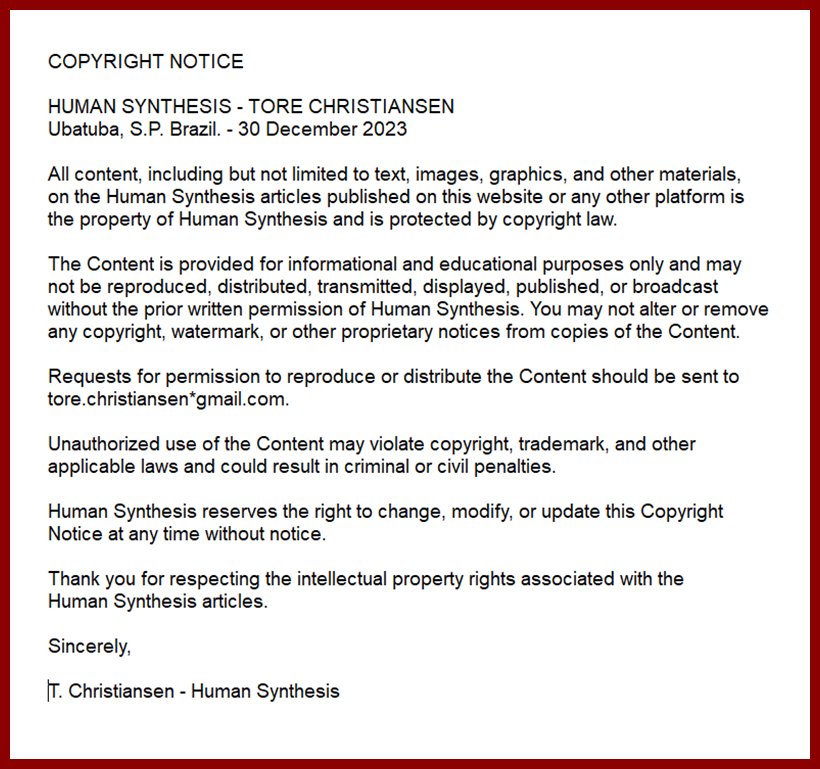Inquiry by IDF blames WCK killings on ‘Grave (planned) Errors’ by own military personnel

By Guardian - Peter Beaumont - Fri 5 Apr 2024 12.55
IDF dismisses colonel and major as inquiry finds misidentification and lack of coordination among reasons behind drone strikes
An Israeli military commission of inquiry has blamed a series of “grave errors” by military personnel, including lack of coordination and misidentification, for its killing of seven World Central Kitchen aid workers in Gaza drone strikes.
The Israel Defense Forces said they had dismissed a brigade chief of staff with the rank of colonel and a brigade fire support officer with the rank of major and issued formal reprimands to senior officers, including the general at the head of the southern command.
The findings are likely to renew scepticism over the military’s decision-making. Palestinians, aid groups and human rights organisations have repeatedly accused Israeli forces of firing recklessly at civilians throughout the conflict – a charge Israel denies.

The WCK founder, José Andrés, said: “The IDF cannot credibly investigate its own failure in Gaza. It’s not enough to simply try to avoid further humanitarian deaths, which have now approached close to 200. All civilians need to be protected, and all innocent people in Gaza need to be fed and safe. And all hostages must be released.”
The charity’s chief executive, Erin Gore, said: “Their apologies for the outrageous killing of our colleagues represent cold comfort. It’s cold comfort for the victims’ families and WCK’s global family. Israel needs to take concrete steps to assure the safety of humanitarian aid workers. Our operations remain suspended.”

In a statement Friday the Israeli military said a retired general’s investigation into the killings found the officers mishandled critical information and violated the army’s rules of engagement. “The strike on the aid vehicles is a grave mistake stemming from a serious failure due to a mistaken identification, errors in decision-making, and an attack contrary to the standard operating procedures,” the statement said.
The investigation determined that a colonel had authorized the series of drone strikes on the convoy based on one major’s observation – from grainy drone-camera footage – that someone in the convoy was armed. The observation turned out to be untrue.
Middle East crisis: World Central Kitchen says only ‘systemic change’ can stop military failures as IDF sacks officers over aid worker deaths – as it happened.
It criticized officers for failing to read messages alerting troops that cars, not aid trucks, would carry workers from the charity away from the warehouse where aid was distributed. As a result, the targeted cars were misidentified as transporting militants.
The army also faulted a major who identified the strike target and a colonel who approved the strike for acting with insufficient information.
The army said it initially hit one car. As people scrambled away into a second car, it hit that vehicle as well. It did the same thing when survivors scrambled into a third car. Army officials claimed drone operators could not see that the cars were marked with the words “World Central Kitchen” because it was night-time.
The findings marked an embarrassing admission by Israel, which faces growing accusations from key allies, including the US, of not doing enough to protect civilians. It was not clear whether the punishments and an apology would calm an outcry over the deaths of the workers or reassure aid groups it was safe to resume operations.
“It’s a tragedy,” the military’s spokesman, R Adm Daniel Hagari, told reporters. “It’s a serious event that we are responsible for and it shouldn’t have happened and we will make sure that it won’t happen again.”
The results of the rapidly completed investigation, overseen by the retired IDF Maj Gen Yoav Har-Even and presented to the leadership of the WCK and ambassadors of the countries whose citizens were killed, described chaotic and ad hoc decision-making among serious errors that led to three missiles being fired on the vehicles.
The rapid completion of the investigation and the fact it was done by a former IDF officer are unlikely to satisfy demands by the countries of those killed and the WCK leadership, which had called for a full, transparent and independent inquiry, leaving as it does a number of key questions unanswered.
In particular, the IDF was unable to say exactly where communication had broken down about the convoy’s plans and declined to answer questions about whether similar violations of rules of engagement had taken place during the war – in which Palestinians, aid workers and international rights groups have repeatedly accused the army of recklessly striking civilians.
Since the attack, Andrés and other humanitarian leaders have pushed back against Israeli explanations. “It was a direct attack on clearly marked vehicles whose movements were known by [the Israeli military],” Andrés said on Wednesday.

More than 220 aid workers have been killed in the conflict, according to the UN.
“Let’s be very clear. This is tragic, but it is not an anomaly,” Scott Paul, of Oxfam, said on Thursday in a briefing with other relief organizations before the results of Israel’s investigation were released. “The killing of aid workers in Gaza has been systemic.”
WITH A STANDING IDF ORDER OF “LEAVE NO PRISONERS” GENOCIDE IS PLANNED.

